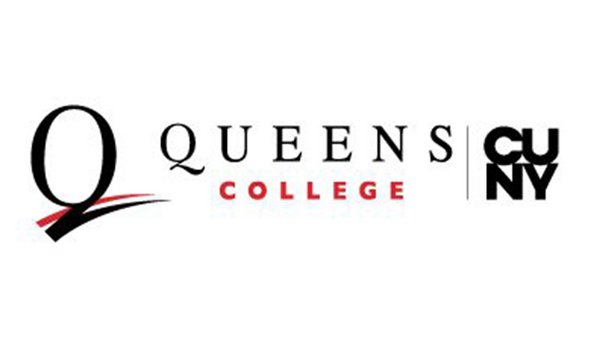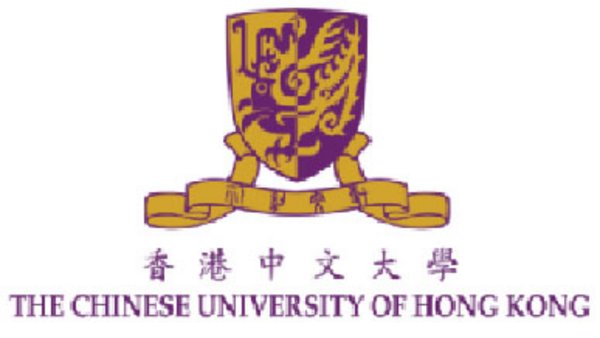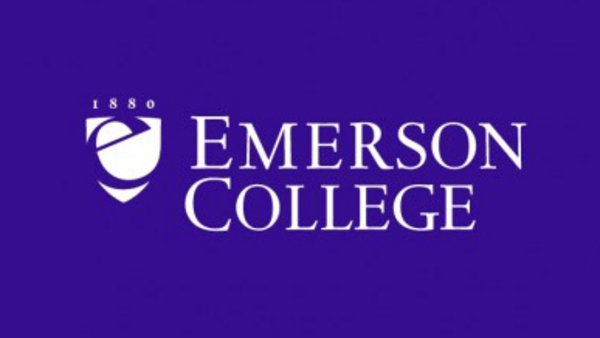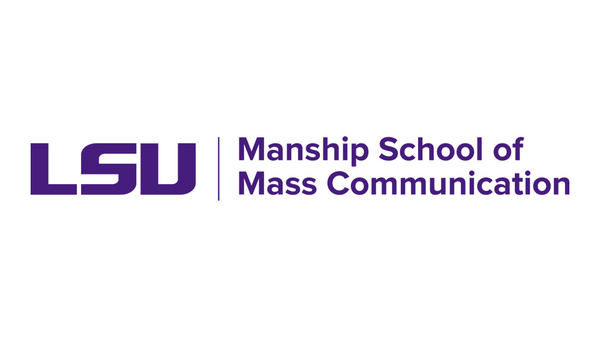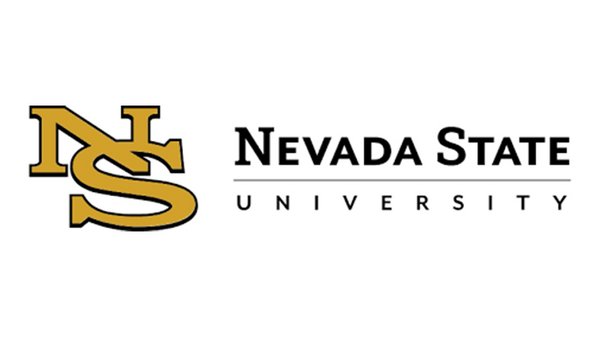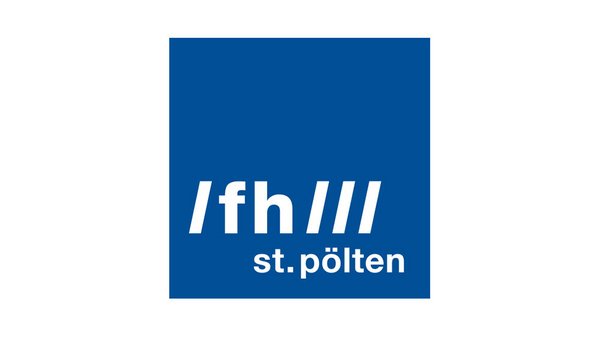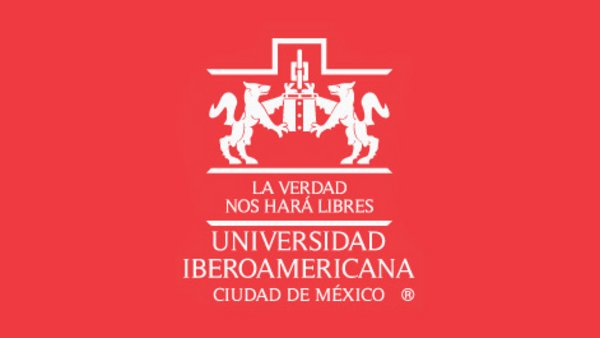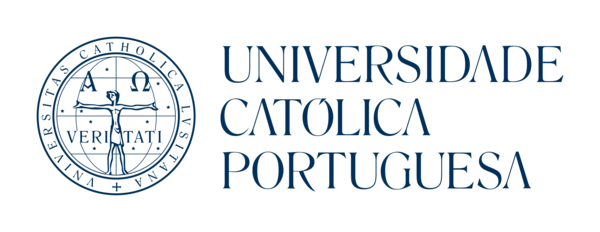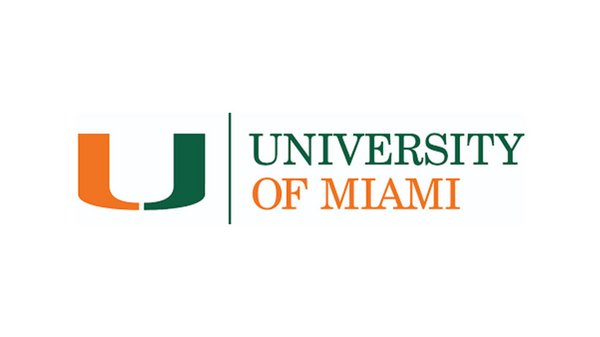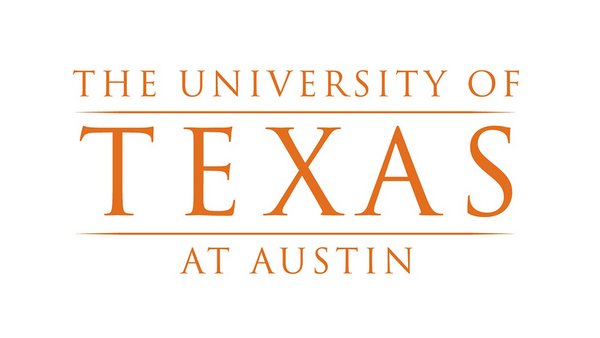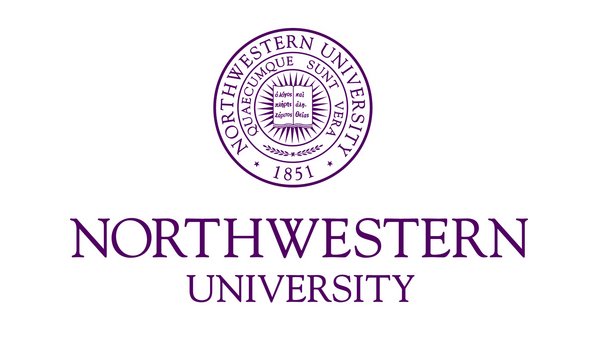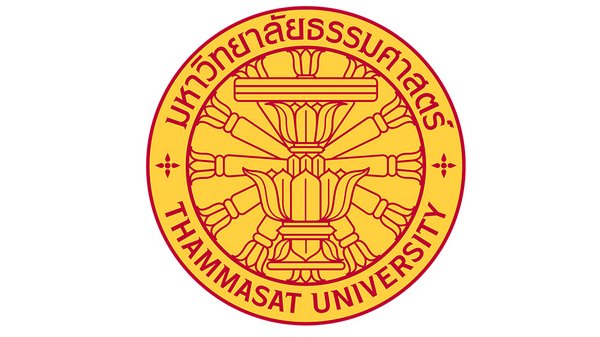-
Topics
backTopicsOur programs create spaces where open-minded leaders can gather for breakthrough conversations on pressing global issues – each aligned to one of the following pillars:
-
Events
backEventsExplore the variety of events Salzburg Global hosts within Austria and in the rest of the world. Learn more about our programs and what else happens at Schloss Leopoldskron.Upcoming EventsFeb 05 - Feb 07, 2026Peace & JusticeDisruption and Renewal: Charting the Future of the International Rule of Law, Democracy, and PluralismSalzburg Cutler Fellows Law ProgramApr 13 - Apr 18, 2026CultureCreating Futures: Rethinking Cultural Institutions, Infrastructure, and InvestmentCulture, Arts and Society
- Insights
-
Fellowship
backFellowshipSince 1947, more than 40,000 people from over 170 countries have participated in Salzburg Global's sessions. Collectively, these alumni are known as Salzburg Global Fellows.
-
About Us
backAbout UsSalzburg Global is an independent, non-profit organization committed to creating spaces that overcome barriers and open up a world of better possibilities.Our Approach
-
Support Us
backSupport UsYour generosity helps us gather open-minded leaders for breakthrough conversations, while creating space for dialogue that overcomes barriers and opens up a world of better possibilities.
- Donate
- Date
- Jul 20 - Aug 04, 2026
- Session no.
- SAC 20
- Location
-
Schloss Leopoldskron, Salzburg, Austria
- Contact
-
Paul MihailidisProgram Director & ProfessorSurya HKNetwork Development Specialist, CultureBobbie FosterAssistant Professor, University of Arkansas, United States of AmericaValeriia ChernyshProgram Manager, Education
Share
Education
Created Histories, Creative Tomorrows: Distinct Moments that Shape Media Futures
In the mid-19th century, Frederick Douglass became the most photographed man in America. At a time when commercial photography was becoming accessible to a broader public, Douglass recognized its transformative potential. He observed that “men of all conditions may see themselves as others see them,” and celebrated photography’s democratizing power — noting that even “the humbled servant girl whose income is but a few shillings per week may now possess a more perfect likeness of herself than noble ladies and court royalty.” Douglass saw in this technology an opportunity to reclaim representation, to create an alternative visual history that was not confined to elite perspectives or commissioned portraits.
Today, more than a century later, the questions Douglass posed about authorship, access, and authenticity remain as urgent as ever. Photography, now embedded within every smartphone and algorithmic platform, continues to mediate how individuals and societies see themselves and are seen by others. The same medium that once promised freedom and visibility now also fuels misinformation, surveillance, and distortion. The tension between empowerment and control, creativity and manipulation, defines the media landscape we inhabit — and challenges us to reconsider how media shape the soul of democracy and the imagination of the future.
Date
Jul 20 - Aug 04, 2026
Session no.
SAC 20
Location
Schloss Leopoldskron, Salzburg, Austria
Contact
Share
The 2026 Salzburg Academy on Media and Global Change, marking the 20th edition of the program, is guided by the theme “Created Histories, Creative Tomorrows: Distinct Moments that Shape Media Futures.” This milestone year reflects on how key turning points in media history — both technological and cultural — have influenced human societies and continue to inform our evolving media ecologies. In their seminal work Remediation: Understanding New Media, David Bolter and Richard Grusin remind us that every “new” medium emerges as a reimagining of an older one: the play button persists, even as it moves from a reel-to-reel recorder to a touchscreen. Each new medium, then, is both an innovation and a palimpsest — layering new meanings atop old infrastructures, never quite severing its historical roots.
But while much of global media theory has been written through Western trajectories — from the printing press to Silicon Valley — this Academy asks participants to look beyond the canon, to explore distinct media moments that have emerged across the Global Majority. From the oral storytelling traditions of West Africa, where griots preserved genealogies and histories for centuries, to the Little Magazines movement in postcolonial India, which created radical spaces for political and artistic experimentation, the story of media is also the story of resistance, reinvention, and community. In the Philippines, people’s radio stations became tools of democratic activism during the 1986 People Power Revolution; in Latin America, telenovelas have long served as powerful forms of political commentary and social education; across the Pacific Islands, indigenous digital archives are now being created to reclaim ancestral knowledge and protect endangered languages. These examples remind us that innovation is not the monopoly of large media systems but the inheritance of collective imagination and cultural survival.
Over the past two decades, the Salzburg Academy on Media and Global Change has convened more than a thousand emerging leaders, educators, and practitioners to rethink the media's role in democratic life. The 2026 Academy continues this legacy by foregrounding intercultural collaboration, critical reflection, and creative experimentation as essential pedagogies for a rapidly changing world. Participants will explore the media histories that have shaped their own regions and reimagine how future media systems might promote inclusivity, transparency, and public trust. Through seminars, workshops, and collaborative design labs, the Academy will create an environment where diverse voices meet to build shared understandings — and new vocabularies — for media futures.
The Academy’s inquiry will unfold across a range of key questions:
• What does cultural authorship of history look like in the age of digital archives, fan edits, and participatory media?
• What global technological turning points — from the rise of printing cultures in East Asia to the community radio movements in Africa and Latin America — continue to influence how we share information and build publics?
• How do past innovations, ruptures, and revolutions inform how we imagine the ethical and aesthetic dimensions of tomorrow’s media?
• How can we sustain creative ecosystems that are both locally rooted and globally connected, particularly amid growing algorithmic dominance and digital colonialism?
• How will future creators, educators, and journalists look back at our present moment as one of those “distinct media moments” in time?
At the heart of this year’s theme lies a central provocation: to create tomorrow, we must first understand how yesterday was edited. What stories were erased, reframed, or remixed in the process of modernization? How do the media we inherit — from the printing press and photography to film, social media, and artificial intelligence — continue to redefine who gets to speak, who is heard, and what counts as an “authentic” representation of reality? The Academy encourages faculty, students, and visiting scholars to interrogate these questions through a multidisciplinary lens that bridges history, ethics, technology, and creative practice.
Just as Douglass saw photography as a mirror for social transformation, we now ask: how can contemporary media — from short-form video and memes to machine-generated art and data visualizations — serve as archives of collective memory and catalysts for civic imagination? How might digital remediation become a tool not only for entertainment or profit but for solidarity, justice, and care?
In alignment with Salzburg Global’s 2026 spotlight theme, “Meeting the Moment. Shaping the Future,” the Academy invites a community of scholars, artists, and storytellers to imagine how the next century of media can be more ethical, equitable, and empathetic. As Salzburg Global approaches its 80th anniversary, the 2026 edition stands as both a reflection and a renewal — a moment to honor the Academy’s long-standing mission to cultivate media leaders who can think critically, act creatively, and communicate responsibly in a fractured world.
Apply
CLICK HERE to apply for the Salzburg Academy on Media & Global Change 2026.
Deadline for applications is 10pm CET February 20th, 2026.
If you experience any challenges with the application process, please contact: vchernysh@salzburgglobal.org and suryahk@salzburgglobal.org


